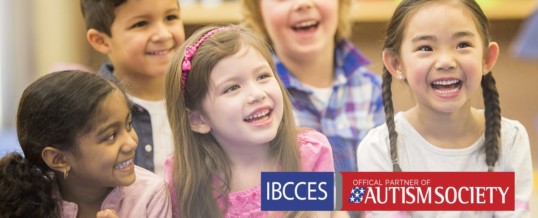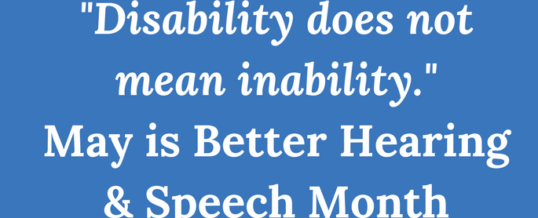Educators and healthcare professionals don’t always receive in-depth training specific to autism and other cognitive disorders throughout their education, which is why autism certification can be so helpful for many professionals.
A Certified Autism Specialist or Autism Certificate credential is meant to help educators and healthcare professionals be better prepared to serve individuals on the autism spectrum in a variety of ways, in turn making them a resource for the individual, families, and co-workers alike.
OCT







